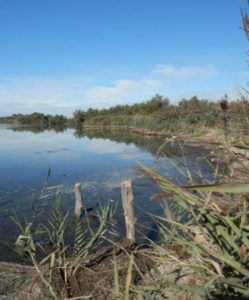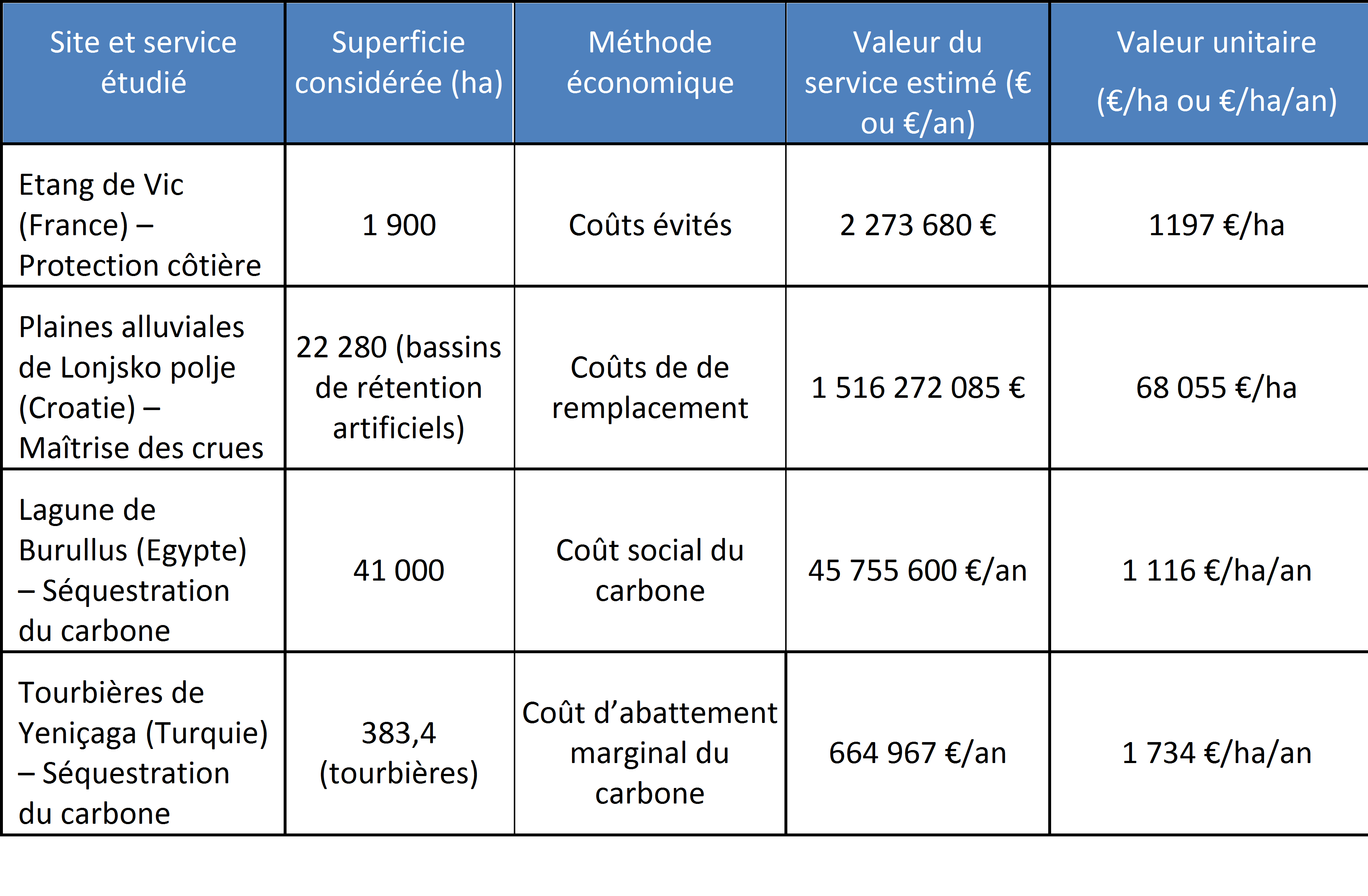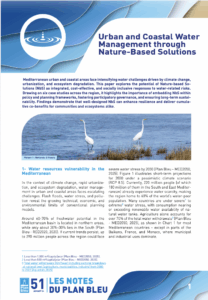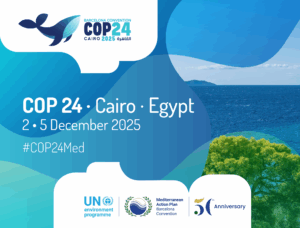
- Plan Bleu
Plan Bleu's missions
Make the Mediterranean a cooperation area for sustainable development
- themes
- projects
- Ressources
- publications
Last publications
- Events
In the news
Last events
- Plan Bleu
Plan Bleu's missions
Make the Mediterranean a cooperation area for sustainable development

Providing socioeconomics insights for the appropriate management of Mediterranean resources

Facilitate a science – political and civil society interface

Supporting the transition towards a green and blue economy

Design possible futures for sustainable development

Observer of the environment and development to inform governments and the general public
- themes
- projects
- Ressources
- publications
Last publications
- Events
In the news
Last events

Med-ESCWET Project: Economic valuation of the ecosystem services provided by wetlands in terms of climate change adaptation in the Mediterranean
Key figures
In the early 21st century, wetlands surface was estimated between 15 and 22 million hectares, representing 1,5% of the global wetlands surface.
Two thirds of the surface area of Mediterranean wetlands are found in Algeria, Egypt, France and Türkiye.
In the 20th Century, wetlands losses in the world were estimated at 50% compared to those that existed in 1900.

Context
Although many studies on the impact of climate change on ecosystems already exist or are currently underway, further study is still required on the role of ecosystems as an adaptation tool. Yet, wetlands when not degraded play a direct role (1) in climate regulation by reducing the future level of greenhouse gas emissions and (2) in mitigation of climate change effects by protecting from floods, droughts and coastal storms. Intact floodplains, as an example, contribute in restricting flood risks by storing water, then releasing it gradually into streams and rivers.
The project aims at developing this ecosystem-based approach, as well as assessing the natural infrastructures efficiency compared to the manufactured infrastructures that were, so far, widely favoured.
Summary of the project
The project’s overall objective is promoting acknowledgement of the “buffer to climate change” role played by wetlands with regard to climate change adaptation strategies in the Mediterranean. It is consistent with ecosystem-based adaptation, which is a view recognized and supported by the Convention on Biological Diversity. Wetlands provide a range of ecosystem services : supply (building materials, fishes…), regulating (water purification, erosion control…) and cultural services (leisure and education offers). Among the regulating services, four were identified that can be included into climate change adaptive strategies, namely:
- climate regulation service through carbon storage protection
- service against extreme weather events
- flood control service
- and low water replenishment service.
To raise policy makers awareness on wetlands importance in climate change adaptation, the project seeks to economically assess these services to inform the decision-making process. Other environmental services such as supply and cultural services might be assessed according to the data availability and the study feasibility. Economic valuation of these ecosystems services will allow to reconcile both the development and conservation issues related to preservation or destruction of certain ecosystems, to assess the relative impact of alternative actions and, thus, to guide decision-making. Stakes being higher in the Southern and Eastern countries of the Mediterranean Basin – which are also more vulnerable to climate change consequences – the project gives priority to the implementation of four case studies in these countries.
Specific goals of the project
- Improving the knowledge of services and benefits provided by Mediterranean wetlands in terms of climate regulation
- Providing an economic valuation of those services, based on Mediterranean case studies to facilitate decision-making in terms of adaptation and climate change strategy
- Promoting the incorporation of ecosystem services into public policy calculations.
Results of Med-ESCWET project
The final economic value assigned to an ecosystem service should be systematically interpreted in its context, which does not allow the comparison between several assessments. Thus, the study carried out in the framework of Med-ESCWET project reached the following monetary values:

We should note that the economic value of a service does not always explicitly reflect the effectiveness of the management or protection status enjoyed by the sites, and can confound interpretation of the service importance. Moreover, the value depends on the robustness of the biophysical assessment conducted upstream, whose accuracy is influenced by the data availability, uneven between sites.
This study highlights the value of natural and preserved wetlands as efficient green infrastructures adaptation to climate change. Among all adaptation measures illustrated in this report, we note the importance of regulating human exploitation of these fragile environments (peatland, coastal lagoon) to limit the release of greenhouse gases; maintaining mobility areas around coastal systems forming barriers against storms, while encouraging the sedimentary circulation, or the interest to preserve and ensure a cross-borders management of large and well-connected floodplains to ensure population safety against floods. These low costs solutions compared to equivalent human-made are enhanced by the cost that society should support in their absence.
The study also highlights the utility and diversity of wetland functions, in particular the regulating services they provide.
Pilot sites
Four pilot sites in the Mediterranean were selected for the economic valuation of one regulating service as part of the Med-ESCWET project:
- Etang de Vic coastal lagoon (France) for storm protection,
- Lonjsko Polje floodplains (Croatia) for flood control,
- Burullus Lake coastal lagoon (Egypt) for carbon sequestration,
- Peatlands of Lake Yeniçağa (Türkiye) for carbon sequestration service.
Publications
events
News
Subscribe to the newsletter
Subscribe to Plan Bleu’s newsletter to stay updated



-
Plan Bleu
Tour la Marseillaise
2 bis, Boulevard Euroméditerranée
Quai d'Arenc
13002 Marseille - France - [email protected]
- +33 (0)6 43 08 20 23







